Escape into worlds beyond imagination with our selection of resources about the characteristic of religion known as transcendence. From mystical tales of cosmic revelations to philosophical meditations on existence, these resources will take you on a journey through the infinite realms of human consciousness. Open your mind to new perspectives and explore the transcendent power of literature with our curated collection.
Transcendence
as a characteristic of religion
Product List

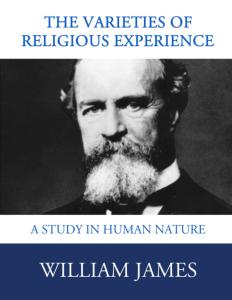
The Varieties of Religious Experience by Will...
Product Review Score
4.67 out of 5 stars
92 reviews
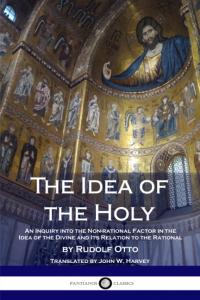
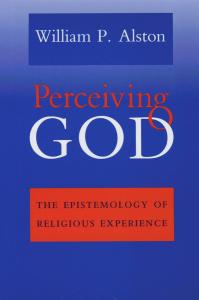
Perceiving God: The Epistemology of Religious...
Product Review Score
4.95 out of 5 stars
205 reviews
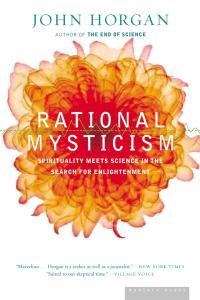
Rational Mysticism: Spirituality Meets Scienc...
Product Review Score
4.15 out of 5 stars
69 reviews

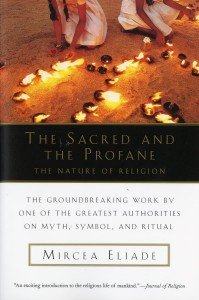
The Sacred and The Profane: The Nature of Rel...
Product Review Score
4.57 out of 5 stars
67 reviews

The Myth of the Eternal Return: Cosmos and Hi...
Product Review Score
4.12 out of 5 stars
220 reviews



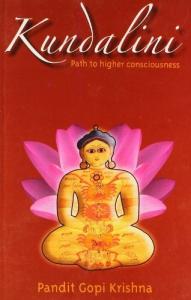
The Eternal Quest:
Exploring Transcendence in Religion
Religion is a complex and multifaceted concept that has been a part of human society for centuries. It encompasses various beliefs, practices, and rituals deeply rooted in culture and tradition. While no one definition of religion can encompass all its aspects, one characteristic that is often associated with it is transcendence.
Transcendence, in the context of religion, refers to the belief in a higher power or ultimate reality beyond the physical world. It is the idea that there is something greater than ourselves and our earthly existence. This belief is present in various religions, such as Christianity, Islam, Hinduism, Buddhism, etc.
One of the key aspects of transcendence in religion is the belief in a divine being or beings. In most religions, this higher power is seen as the creator and sustainer of the universe. It is believed to be all-knowing, all-powerful, and all-loving. This belief in a higher power is the foundation of many religious practices, rituals, and moral codes.
Transcendence is also closely related to the concept of spirituality. It is the search for a deeper connection with the divine and a sense of purpose and meaning in life. Many religious practices, such as prayer, meditation, and contemplation, aim to achieve this transcendental experience. Through these practices, individuals seek to transcend their physical limitations and connect with the divine.
Moreover, transcendence in religion is often associated with the idea of an afterlife. Many religions believe in an eternal life after death, where individuals will be reunited with the divine. This belief provides comfort and hope to believers, especially in times of grief and suffering.
While transcendence is a central characteristic of religion, it is not limited to just believing in a higher power. It also encompasses the idea of transcending one's own self and ego. In many religious traditions, individuals are encouraged to let go of their selfish desires and attachments and focus on serving others and the greater good. This self-transcendence is seen as a path towards spiritual growth and enlightenment.
Transcendence in religion also plays a significant role in promoting unity and harmony among individuals and communities. Believers of different religions may have different beliefs and practices, but believing in a higher power and the desire to transcend one's self can bring them together, promoting tolerance and understanding.
However, transcendence can also have drawbacks, as with any aspect of religion. The belief in a higher power can sometimes lead to blind faith and the rejection of logic and reason. This can result in conflicts and misunderstandings among individuals and communities.
In conclusion, transcendence is a fundamental characteristic of religion deeply ingrained in human nature. It is the belief in a higher power, the search for a deeper connection with the divine, and the desire to transcend oneself. While it has pros and cons, transcendence plays a crucial role in shaping beliefs, practices, and moral codes in various religions. It is a concept that continues to fascinate and intrigue individuals, making it an integral part of the human experience.